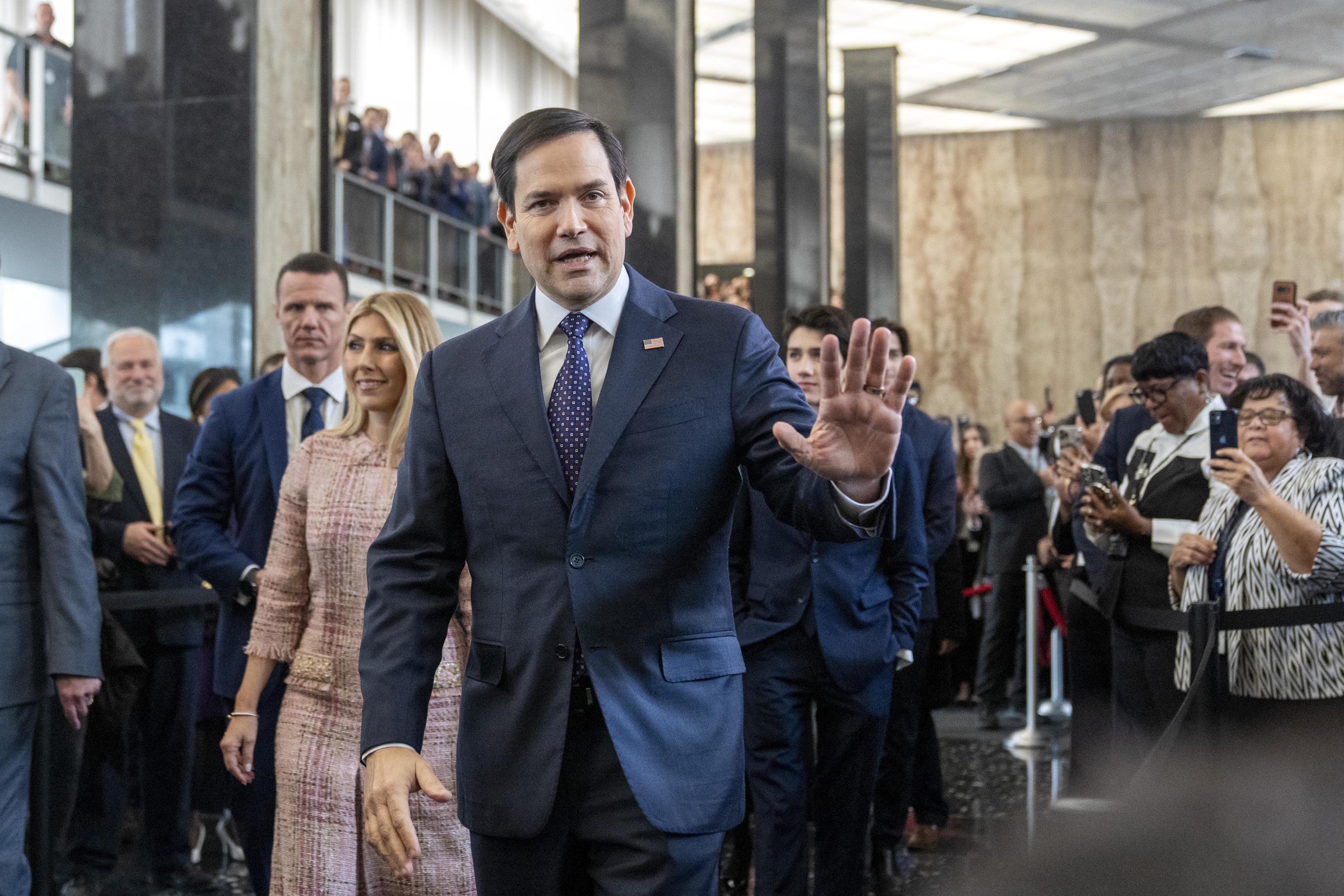Machado expressed gratitude on her social media for the virtual meeting "just 24 hours after assuming his position (Rubio's)", the highest-ranking diplomat appointed by President Donald Trump in his second term. "This demonstrates the importance of the situation in Venezuela and the well-being of Venezuelans and the region for US foreign policy," she noted, without providing further details of the conversation with Rubio.
The United States, even under Joe Biden's administration, is one of the countries that supported opposition leader González, considering him the elected president after presenting credible evidence of fraudulent elections last year. Maduro was declared the winner of the elections by the National Electoral Council, a collegiate body with a majority of government supporters that announced, without evidence, that the president received 6.4 million votes compared to González's 5.3 million.
However, the opposition collected and displayed 83.5% of the voting records as proof of González's victory by a 2-to-1 margin over Maduro, which was internationally endorsed by electoral observers such as the Carter Center and the United Nations. Rubio has been one of the most critical voices of the Venezuelan government from Washington for years.
As a senator from Florida, he made an impact in the White House when, a few weeks after Trump took office in January 2017, he brought the wife of prominent Venezuelan dissident Leopoldo López to the White House.
The visit to the Oval Office immediately put Venezuela at the top of Washington's foreign policy agenda. Machado emphasized in her social media message that "the transition to democracy in Venezuela is crucial for regional stability and the security of our hemisphere" and added that they know they have "strategic allies to achieve it." During Trump's first administration, the United States imposed tough oil sanctions on Venezuela, accused numerous officials of corruption, and began discussing a "military option" to overthrow Maduro.
In 2019, Washington recognized Juan Guaidó, president of the National Assembly, as the legitimate leader of the country. However, Trump later admitted that he had overestimated the Venezuelan opposition. Support for Guaidó waned, and the sanctions bolstered Maduro, while also becoming a recurring excuse to justify Venezuela's economic collapse.
This also led Venezuela to shift alliances in favor of Russia, China, and Iran, exacerbating a humanitarian crisis that prompted millions of Venezuelans to migrate, with many moving to the United States.
